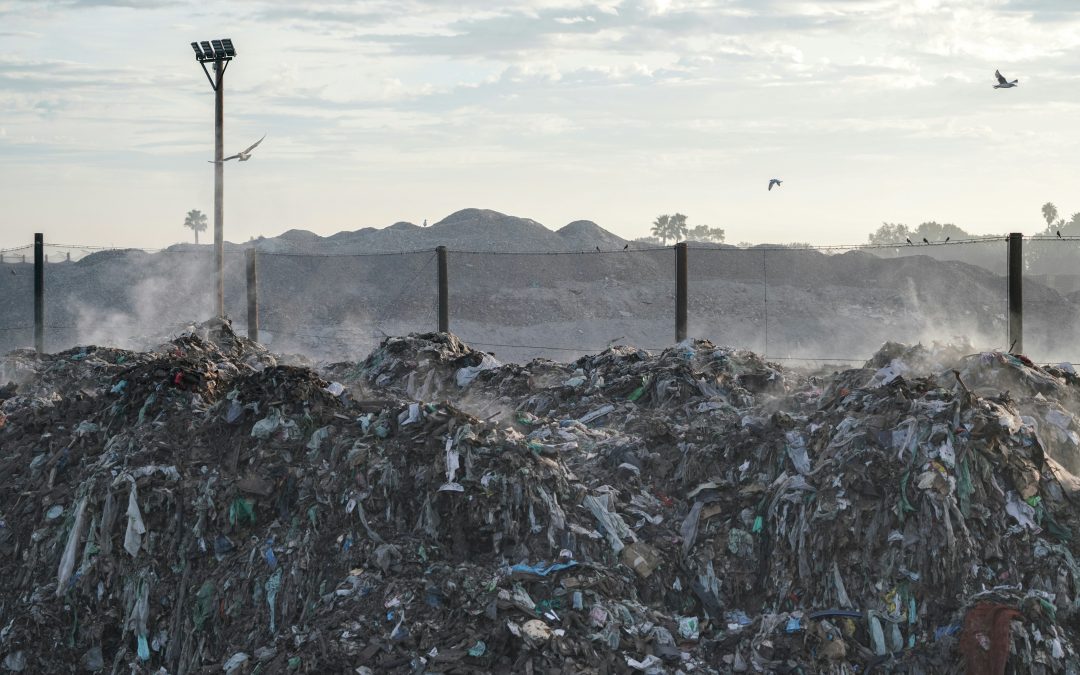
Could moss preservation mitigate the effects of climate change in Africa?
By Rabiatu Adamu Saleh, Master’s student in Global Development (Environment and Climate Change)
African cities are dealing with the dual issues of climate change and urban heat islands (UHI), leading to increased interest in innovative nature-based solutions (NbS). Moss preservation and restoration have been suggested as viable techniques for urban cooling and climate mitigation. Due to moss’s inherent capacity to insulate, retain moisture, and promote biodiversity, several scientists propose that preserving current moss ecosystems or introducing moss in urban settings may aid in alleviating heat and diminishing greenhouse gas (GHG) emissions. A thorough evaluation is important to ascertain if moss preservation may serve as a feasible, scalable, and successful option for Africa’s distinct urban environments.

Reflections on Embedded Research, Transformation & Impact
By Dr Helen Underhill

Building bridges with Palestine: DSA 2025 reflections on what higher education can and must do
by Sandy Nofyanza, PhD student in GDI
It was the final session on the last day of the 2025 Development Studies Association (DSA) Conference in Bath. Yet, it stood apart from any other session I’ve experienced in my entire career.
Titled “Gaza Action Planning Workshop,” the session was organized by Susannah Pickering-Saqqa (University of East London), Ibrahim Natil (DCU Conflict Institute), and Bassem Abudagga (York St John University and Al-Azhar University in Gaza). Around 30 people were in the room, with a few joining online directly from Gaza or the surrounding area.

What Would “Positive Development Studies” Look Like?
By Richard Heeks
(First posted on the ICTs for Development Blog)
Development studies has long grappled with the pressing realities of global inequality, poverty, conflict, and environmental degradation. As a field rooted in critical inquiry, it often focuses on diagnosing systemic problems and challenging dominant power structures.
But what if development studies could also make more space for the affirmative? What if it cultivated a deeper orientation toward hope, creativity, and transformation?

Convergence, Divergence, Flatlining or Plateau: What has happened to inequality between and within countries over the last decade?
by Saumik Paul (Senior Lecturer in Global Development, GDI) and Andy Sumner (Professor of International Development, KCL)
Understanding inequality trends remains central to assessing both development progress and global justice. Two major dimensions—inequality between countries and inequality within countries—have long structured debate in development studies.
In the 1990s, Lant Pritchett’s provocation that the world was experiencing “divergence, big time” captured the mood of an era in which income gaps between countries were seen to be widening. More recently, the “converging-divergence” thesis proposed by Horner and Hulme in late 2010s argued that while inequality between countries was declining, inequality within countries was on the rise. In this blog, we argue that something new has emerged over the last decade akin to a flatlining or plateauing.

New environments and fresh perspectives: Reflections from a visiting PGR
by Valquiria Almeida, PhD student at the Federal University of Minas Gerais
Valquíria is a PhD student in Demography at the Federal University of Minas Gerais (Brazil), who recently spent six months on research leave at GDI. She is currently a researcher at the National Committee for Refugees of the Brazilian Ministry of Justice and Public Security and has nine years of experience working with civil society organisations dedicated to the socioeconomic inclusion of migrants and refugees in Minas Gerais (Brazil).
Her research focuses on international migration to Brazil, gender and race issues in migratory trajectories and integration into Brazilian society, migration law, the life course approach, and social policies. In this blog post, Valquiria reflects on her experiences of studying abroad as a migration researcher.

Globalisation in Flux: What does the Transformation of Value Chains mean for the Governance of Decent Work?
by Louisa Hann
The exploitation of workers and the governance of decent work in global value chains (GVCs) represent long-standing issues spanning Development Studies, Political Economy, Economic Geography and International Business. While private and public ethical standards have done something to address problems like poor wages, lack of workplace security, and lack of social protection within global value chains, there’s still a long way to go before the world realises the UN’s 8th Sustainable Development Goal (SDG) – to promote sustained, inclusive and sustainable economic growth, full and productive employment, and decent work for all.

Reflections on building resilience in the development sector
Recently, Dr Natalie Cunningham ran a microcredential series – short, online courses exploring the personal, organisational and societal implications of resilience.
As part of the final assessment, course participants were asked to reflect on an aspect of resilience they wanted to share with others. With their permission, we have collated an edited selection of people’s insights, which provide thoughtful and practical advice for others working in the development sector at the moment.

GDI Digest: Environmental Justice and the Role of Development Studies
by Louisa Hann
There’s no doubt we’re living through an urgent chapter of the climate crisis. With 2024 now confirmed the hottest year on record – recording a sobering global average temperature of 1.5°C above pre-industrial levels – things are only set to get hotter. A recent World Meteorological Organization report posits an 80% chance of at least one of the next five years exceeding 2024’s record, as well as a 70% chance that the five-year average warming for 2025-29 will exceed 1.5°C. With every fraction of a degree driving additional heatwaves, flooding events, droughts, ocean heating, and rising sea levels, the challenges facing decision-makers, academics, and civil society more broadly have never been greater.
So, how are GDI academics putting their interdisciplinary expertise into practice to grasp and address such challenges? We’ve collated some of the key themes to have emerged in recent months, as well as some handy reading lists to help you explore the topic in depth.

Waiting as method: reflections on access, positionality, power and scheduling during fieldwork
By Edwin Rwigi and Anifat Ibrahim
